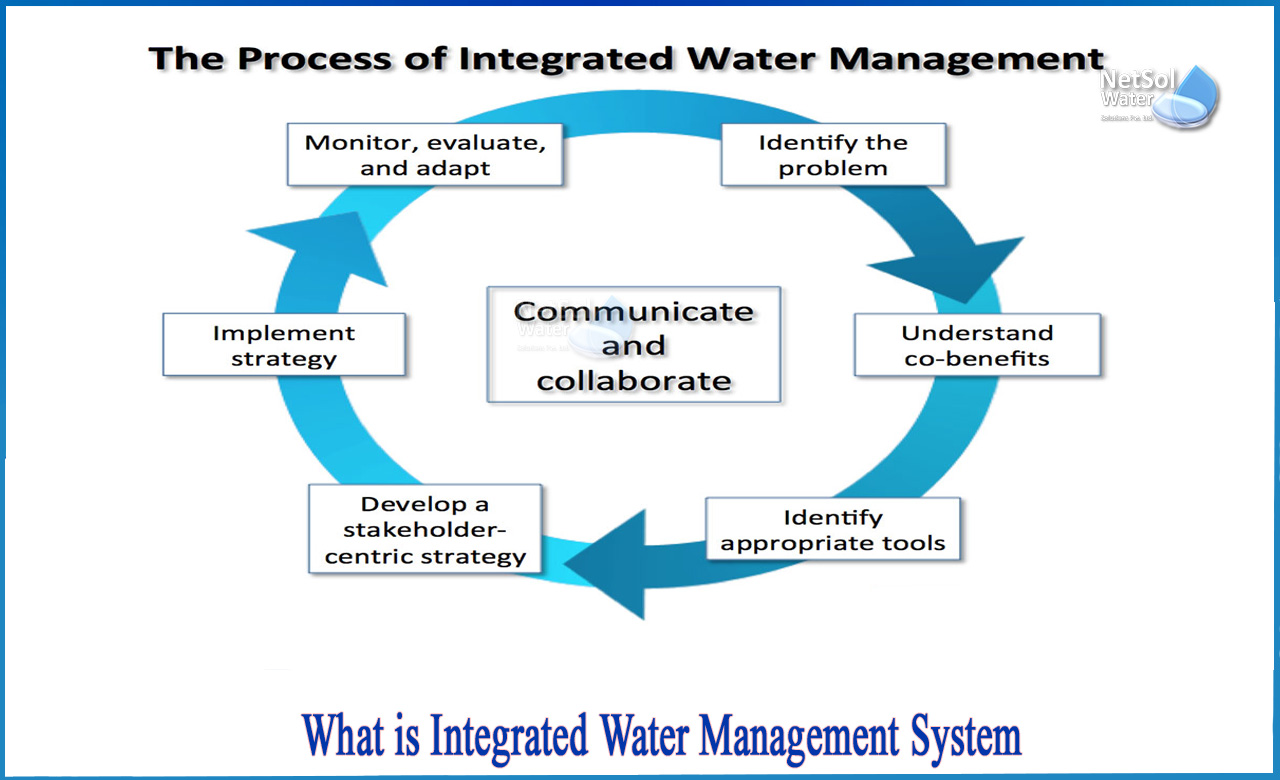An overview
Although water concerns are so intertwined, using specific economic or policy instruments can result in trade-offs. Purchasing access to water rights to ensure environmental flows, for example, could be a cost-effective way to increase the quantity of water in the environment, but lower water extractions could harm small towns and communities that rely on irrigated agriculture.
The employment of economic and market instruments cannot be viewed in isolation in order to properly manage water security; rather, they must be assessed in terms of their broader influence on society and the environment. As a result, effective water security management necessitates planners to consider the 'triple bottom line,' evaluating policies in terms of economic, environmental, and social consequences. It is frequently proposed that economic and policy instruments should be employed as part of a larger integrated water resource management (IWRM) framework to deal with this complexity and effectively coordinate policies.
What do you mean by integrated water management system?
IWRM (Integrated Water Resource Management) is a process that supports the balanced development and management of water, land, and related resources in order to achieve maximum economic and social welfare in an equitable manner while preserving essential ecosystems and the environment.
IWRM contributes to environmental protection, economic growth, and sustainable agricultural development, as well as democratic governance and improved human health. Water policy and administration are starting to reflect the fundamentally interrelated character of hydrological resources around the world, and IWRM is becoming a widely acknowledged alternative to the top-down, sector-by-sector management approach that has dominated in the before.
The many various uses of finite water resources that are interrelated, according to IWRM. High irrigation requirements and polluted drainage flows from agriculture results in less freshwater for drinking and industrial use; polluted municipal and industrial wastewater are contaminating rivers and threatening ecosystems; and if water must be left in a river to protect fisheries and ecosystems, less water can be shifted to grow crops. There are numerous such examples of the core concept that unrestricted the use of precious water resources that are wasteful and unsustainable.
Integrated Water Resources Management (IWRM) is a cross-sectoral policy approach to water resources and management that aims to replace the conventional, fragmented approach that has resulted in inadequate services and unsustainable resource use. Water resources are an intrinsic component of the ecosystem, a natural resource, and a social and economic good, according to IWRM.
Integrated Water Resource Management is based on the following principles: -
(1) Fresh water is a finite and sensitive resource that is necessary for life, development, and environmental sustainability;
(2) Water development and management should be based on a collaborative strategy that includes users, planners, and policymakers at all levels;
(3) Water provision, management, and protection are all dominated by women; and
(4) Water has a monetary worth in all of its competing uses and should be treated as such.
What does IWMS look like?
• Stormwater is allowed to seep into the ground, sustaining healthy river flows that give drinking water while also assimilating waste.
• Drinking water supplies are optimised through efficiency and conservation, leaving more water in the river.
Does integrated water management system help rivers?
Enough clean water is required for healthy rivers. Healthy rivers require flows, connectivity, water quality, and habitat, all of which are influenced by how we manage water resources both directly and indirectly.
Environmental advantages can be assessed and attained with social and economic benefits with Integrated Water Management.
This strategy avoids the false option of working for the economy, the environment, or society, and instead emphasises the crucial need of preserving the resource, the river, for the common good.
Netsol Water is Greater Noida-based leading water & wastewater treatment plant manufacturer. We are industry's most demanding company based on client review and work quality. We are known as best commercial RO plant manufacturers, industrial RO plant manufacturer, sewage treatment plant manufacturer, Water Softener Plant Manufacturers and effluent treatment plant manufacturers. Apart from this 24x7 customer support is our USP. Call on +91-9650608473, or write us at enquiry@netsolwater.com for any support, inquiry or product-purchase related query.



